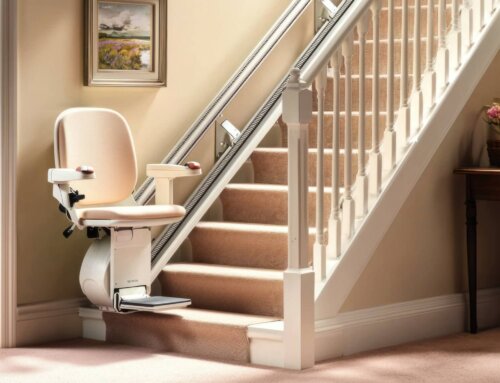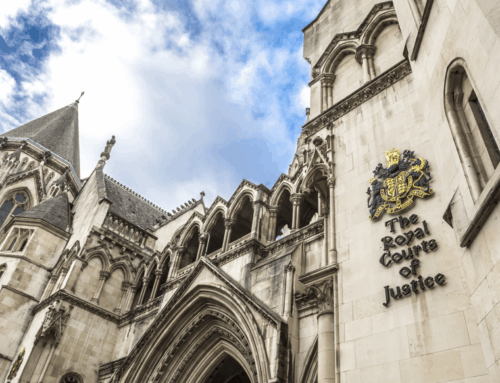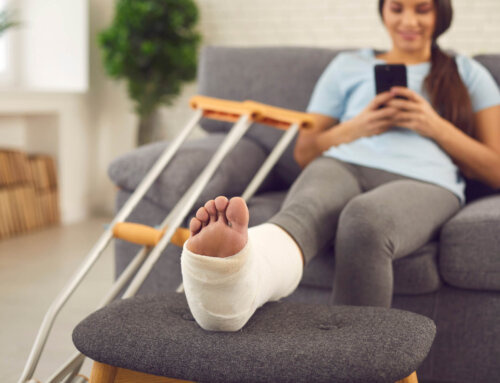The vast majority of injuries resulting from accidents are thankfully minor. In the context of road traffic accidents, for example, statistics compiled by the Department for Transport show that of the 128,209 reported road casualties in Great Britain in 2021, over 79% were only ‘slightly injured’ by the accident.
We often dismiss an injury as nothing to worry about; luckily, we’re often right. Occasionally though, a seemingly inconsequential injury can be considerably more serious than it first appears.
If you have suffered a personal injury and it was the fault of a third party, you might be able to claim compensation to assist with the cost of medical treatment and loss of earnings, amongst other things.
Here, we illustrate the types of complications that can arise in the context of some common injuries arising from accidents.
Head Injuries

A head injury can evolve and worsen over time, and the true impact may not manifest itself until days or sometimes weeks after an accident. Even apparently minor head injuries can occasionally result in brain trauma and have a devastating long-term impact on a patient’s life.
Abdominal Injuries
NHS figures list road traffic accidents, falls and industrial accidents as three common causes of blunt abdominal trauma (an injury to the abdominal area caused by a direct blow instead of a puncture wound).
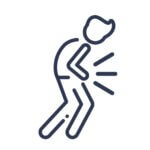
Cuts and lacerations
Minor cuts and lacerations are an everyday occurrence and are usually nothing to worry about.

In the workplace, engineering and manufacturing workers regularly come into contact with sharp objects and are at an increased risk of cuts and lacerations if they have an accident at work.
Some accidents will cause little more than a graze, whereas others may result in deep wounds which affect the muscles and tendons.
The most common complication arising from cuts and lacerations is infection. Infected wounds are extremely painful and can lead to serious health issues such as sepsis if left untreated.
Cuts and lacerations can also result in scarring. Scars, particularly when they are in visible areas such as the face, can give rise to significant self-esteem issues and cause depression and anxiety.
Ankle injuries
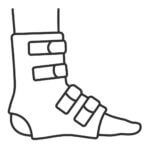
An ankle injury can sometimes lead to more serious conditions such as foot deformities and arthritis. Even seemingly minor injuries can cause significant pain and leave you unable to work for prolonged periods.
Whiplash
Whiplash is a neck injury resulting from a sudden, vigorous head movement. Often described as a feeling of ‘electric shock’ or ‘pins and needles’, whiplash is a common injury sustained by those involved in road traffic accidents.
Whiplash injuries have an unfortunate reputation in the context of personal injury claims, but their effects are very real, with symptoms ranging from aches and pains to headaches, dizziness and numbness.
Severe whiplash can result in ongoing medical problems such as chronic pain and headaches, blurred vision, sleep disturbance and forgetfulness.
Why does it matter? Here’s the takeaway…
Firstly, don’t panic! The complications we have highlighted are uncommon, but it’s important to be aware of them so you can seek the appropriate medical help. A timely medical examination following an accident, even if you consider it unnecessary at the time, will prevent the effects of an injury from escalating and hopefully flag any latent issues.
Once you have received the necessary treatment for your injuries, you may wish to make a personal injury compensation claim, seeking damages to compensate for your pain and suffering, ongoing medical treatment and any loss of earnings and other expenses.
If you decide to pursue a claim, you will need to prove that your injuries were caused by the accident. This is a far easier task when the injuries have been identified and assessed by a medical professional shortly after the accident.
If you don’t seek medical help for some time, the other party may try to use your delay as evidence that you are exaggerating the extent of your injuries or even that they were not caused by the accident.
If you have suffered an injury and decide to bring an accident compensation claim against the party you consider responsible, call us at Mooneerams Solicitors on 029 2199 1927.
We are specialist personal injury solicitors whose aim in every personal injury case we take on is to recover the maximum amount of compensation you deserve.
Mooneerams can handle most accident claims involving personal injury on a No Win No Fee basis. With most personal injury claims, the time limit for bringing a claim is three years from the date of the accident (or incident).
Posted in Personal Injury Claims



